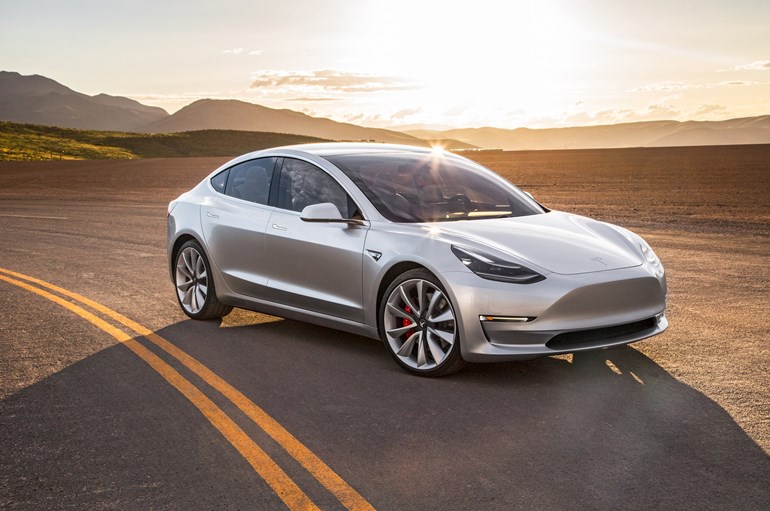
The government is reportedly evaluating altering its Clean Car Discount scheme amid the imbalance between rebates distributed and takings from fees attached to vehicles with high CO2 emissions.
The news comes via a report by Newshub. According to the outlet, the government has taken $62.8 in collections from vehicles with a fee since April, while spending $95m in rebates for low-emission vehicles in the same period.
The report plots that “major changes” are coming to the scheme, with the government reportedly wanting to strike a better balance between money going out and coming in. This is likely to either mean a reduction in rebate figures, a reduction of the rebate threshold, or an increase in fees.
Newshub’s reporting focused on the large percentage of rebates were going to the purchase of Teslas; its cars labelled as an “all-singing, all-dancing luxury electric vehicle”.
It stated that around $33m has been paid on subsidies for the Tesla Model 3. The recent arrival of the Model Y was not mentioned, but it too has attracted a significant number of Clean Car Discount takers.
Currently, the base model Tesla Model 3 and Model Y both qualify for the rebate due to them falling underneath its $80,000 cap. The cap has been a topic of discussion since the scheme launched, with some brands indicating that there should be no cap at all, and rebates should be open to all EVs.
Overseas programmes similar to the Clean Car Discount tend to eventually be shrunken in size as EV uptake grows.
The equivalent scheme in the UK, for example, eventually saw its EV discount figure drop from £5000 in 2011 to £1500 in more recent times, with the threshold for qualifying vehicles dropping to £32,000 in December of last year and plug-in hybrids being dropped from eligibility in 2018.
The UK scheme, known as the Plug In Grant, was dropped entirely earlier this year, with the general view that the grant had served its purpose in helping electrify the fleet.
As it stands, it’s estimated that between 2 and 3% of the UK’s fleet is electric or hybrid. This is set to further grow by the end of the decade, as the UK prepares to ban the sale of new petrol and diesel vehicles from 2030 onwards.








